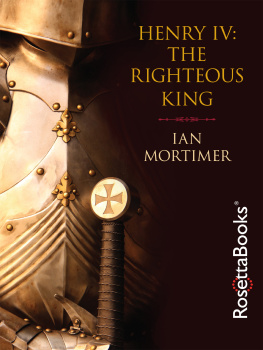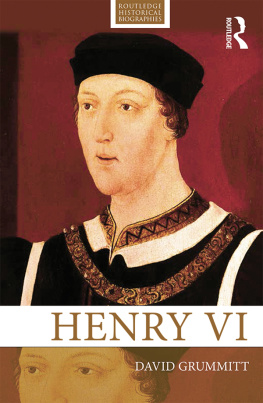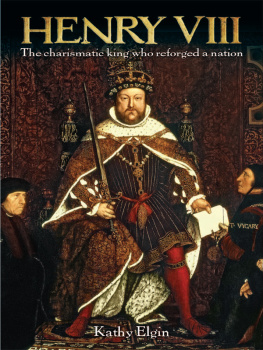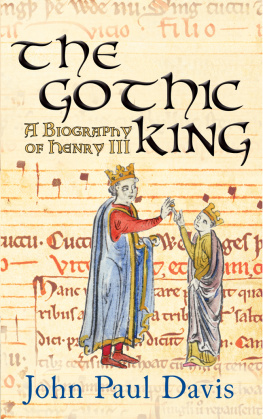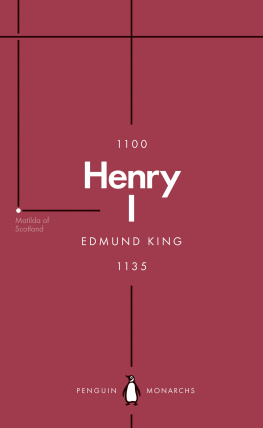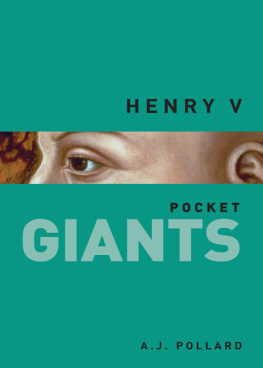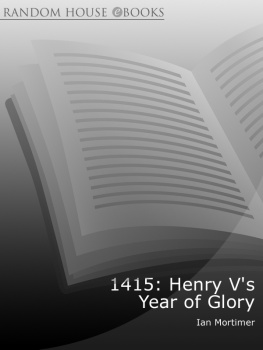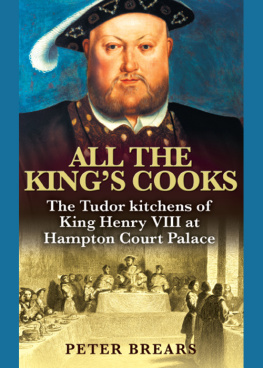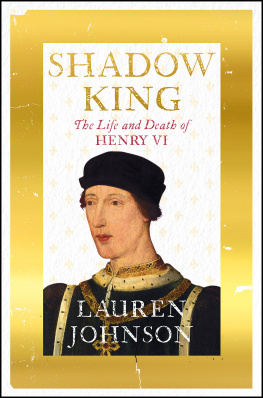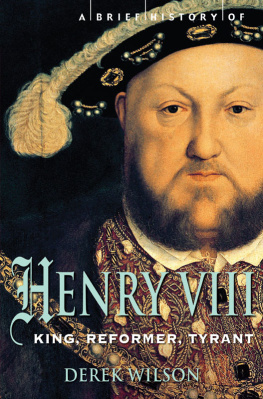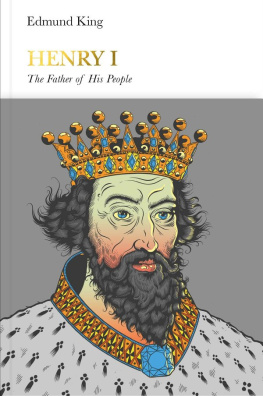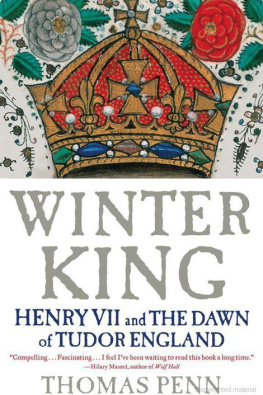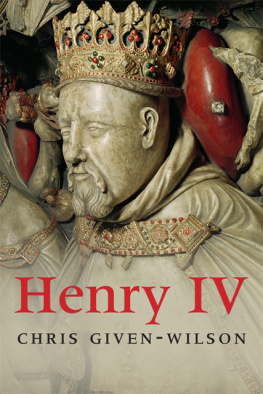Henry IV:
The Righteous King
Ian Mortimer
Copyright
Henry IV: The Righteous King
Copyright 2009, 2014 by Ian Mortimer
Cover art, special contents, and Electronic Edition 2014 by RosettaBooks LLC
All rights reserved. No part of this book may be used or reproduced in any form or by any electronic or mechanical means, including information storage and retrieval systems, without permission in writing from the publisher, except by a reviewer who may quote brief passages in a review.
Cover jacket design by Carly Schnur
ISBN e-Pub edition: 9780795335433

CONTENTS

Acknowledgements
19 That I and Greatness were Compelled to Kiss
7 The Lancastrian Esses Collar
Select Bibliography

ILLUSTRATIONS


AUTHORS NOTE

Although most members of the English royal family were given their place of birth as a surname by chroniclers wishing to distinguish one Henry or one Edward from others of the same name, it was rare for a member of the royal family to adopt his place of birth as a part of his official identity. The earliest references to Henry being referred to as Henry of Bolingbroke are historical: namely, the sections of the fifteenth-century continuation of the Brut chronicle (written about 1430) and his entry in John Capgraves book The Illustrious Henrys which was written a little later. In all official documents for the period 137797 he is Henry of Lancaster, earl of Derby or the earl of Derby, son of the duke of Lancaster, or a variation on one of these. His own household account books bear the name Henry of Lancaster, earl of Derby. This is also the name by which his father addressed him in official letters and the way his fathers treasurer described him in his accounts. The contemporary chroniclers Henry Knighton, Thomas Walsingham and the Westminster chronicler all consistently refer to him as Henry of Lancaster, and in claiming the throne he referred to himself as I, Henry of Lancaster. Although the indexes to the Oxford University Press editions of the contemporary chronicles all say Henry, earl of Derby: see Bolingbroke this style of nomenclature is anachronistic. It is also impersonal, comparable to describing Prince Henry as Monmouth or Duke Henry of Lancaster as Grosmont. As a result of this, the name Henry of Lancaster has been used throughout this book. Where appropriate, the same format has been followed with regard to his fathers name, although John of Gaunt/Ghent was an occasional contemporary appellation in his case.
With regard to other names, most English surnames which include de in the original source have been simplified, with the silent loss of the de. Where it remained traditionally incorporated in the surname (e.g. de la Pole, de Vere) these have been retained. De has generally been retained in French names.
The first names of members of the French royal family have been Anglicised. French forenames otherwise have been left in the standard French form.
With regard to Aquitaine, the term Gascony has normally been used in a generic sense to mean all the English Crowns possession in south-west France.

ACKNOWLEDGEMENTS

I am very grateful, as ever, to my agent, Jim Gill, and my editors at Jonathan Cape, namely Will Sulkin and Jrg Hensgen. I am also very grateful to the organisers of the 2006 symposium on Henry IVs reign at the University of Nottingham, particularly Dr Gwilym Dodd, for inviting me to participate. I would like to thank all the scholars who took part; their advice and suggestions have proved exceedingly valuable. In addition, I would like to thank Dr Dodd himself for reading through the typescript and making several valuable observations and suggestions. I would like also to thank Susannah Davis, Zak Reddan and Mary Fawcett for accommodating me on research trips to London. Thank you also to Zak for his National Portrait Gallery research. Staff at the library of the University of Exeter proved very helpful, as did staff at the British Library and the National Archives. I am very grateful in particular to Dr Adrian Ailes for his comments on Henrys seals. Also to Dr John Banham, who, when told I was unable to obtain a colour image of Ralph Neville and Joan Beaufort, drove to Staindrop Church and took the photograph included here. I gratefully acknowledge a grant from the K Blundell Trust, administered by the Society of Authors, towards writing this book. Last but most of all, I am profoundly indebted to my wife, Sophie, who put up with me working all hours of the day (and many of the night) on this book, and then had to listen to me complaining about the fact. She also took the lionesss share of looking after our three young research assistants, Alexander, Elizabeth and Oliver. This is a book in which she too can take pride.
Necessitas non habet legem
(Necessity has no law or Necessity is above the law: a maxim quoted in French by the chronicler Jean Creton on the arrest of Richard II, and which Henry himself wrote in Latin on a letter in 1403)

INTRODUCTION

Shakespeare has a lot to answer for. While historians today might argue about the significance of the end of Plantagenet rule in 1485, and whether terms such as the Hundred Years War and the Wars of the Roses serve any useful purpose, Shakespeare has dictated the most important cut-off date in English medieval history: 1397. Quite simply, that is the historical point at which his great cycle of history plays begins. It is therefore the start date for our collective familiarity with the leading characters from British history. The well-educated modern reader is familiar with the idea of Richard II and Henry IV as eloquent, intelligent and sophisticated individuals in a way he or she is not with their predecessors. We all know the name of John of GauntTime-honoured Lancaster as he appears in Shakespeares Richard IIbut few people recall his father-in-law, the first duke of Lancaster, a more brilliant man in almost every way. The psychological characteristics of political figures before 1397 are known only to those who have studied them whereas, because of Shakespeare, we believe that the English royal family after 1397 was a crucible of glory and terror, and that its individual representatives changed the course of English history through their personal loves, fears, ambitions, vision and courage.

